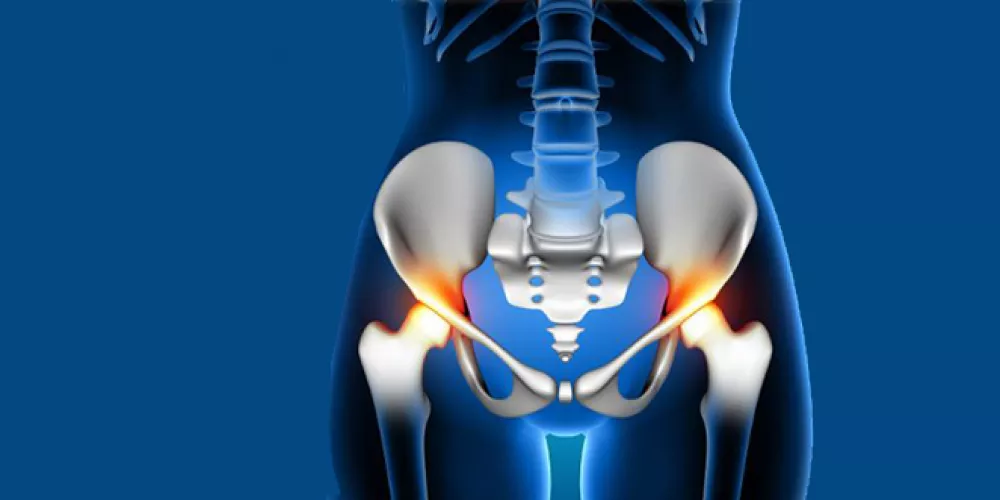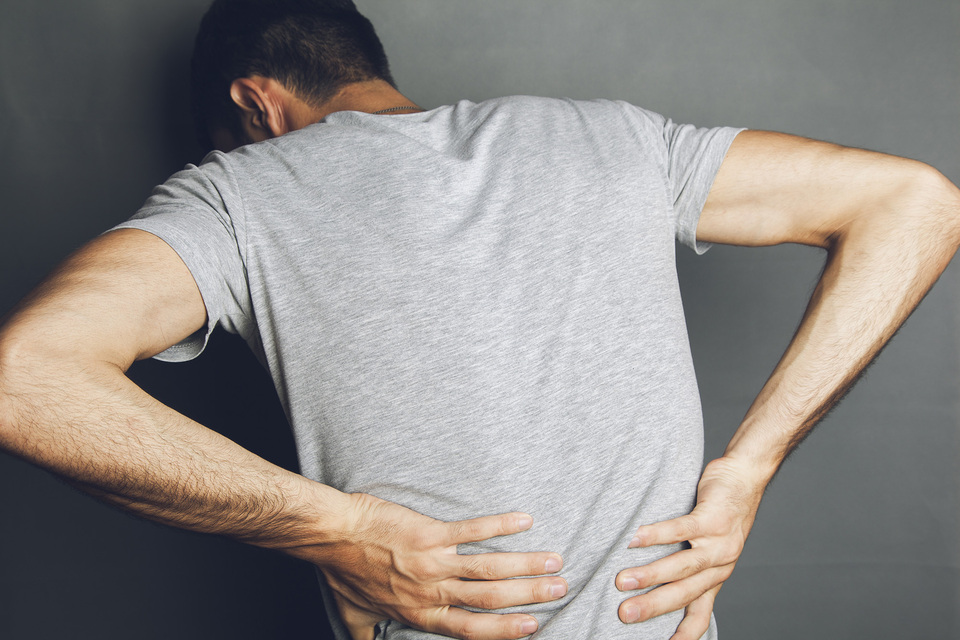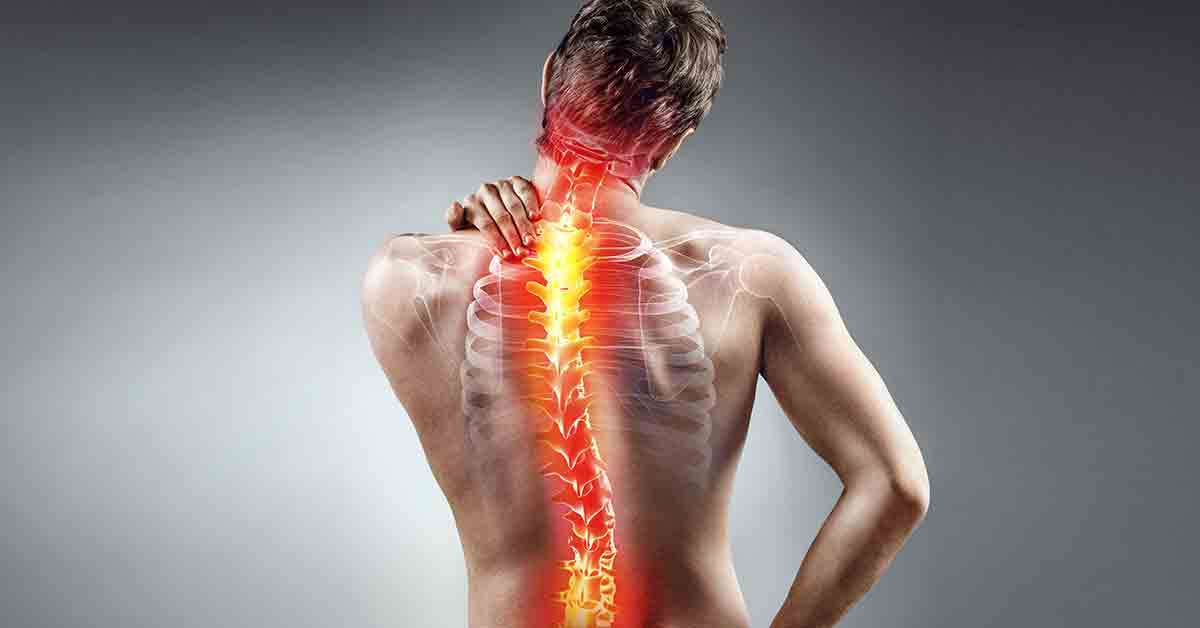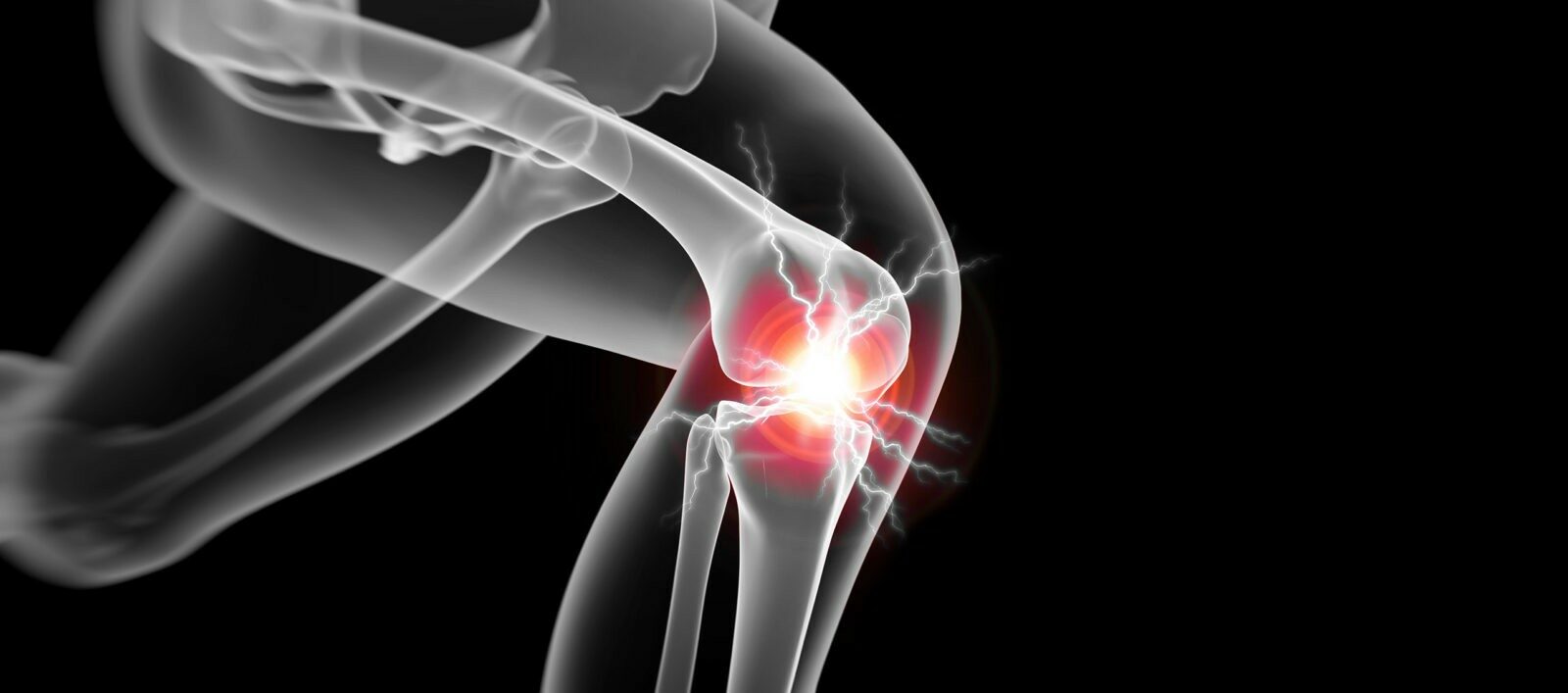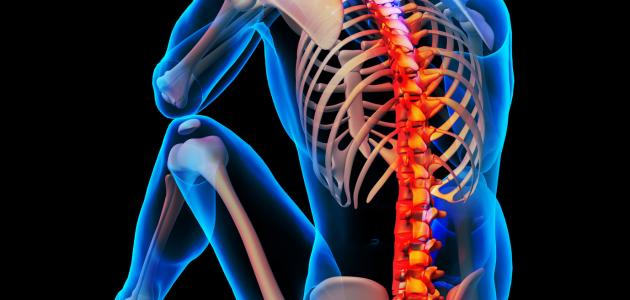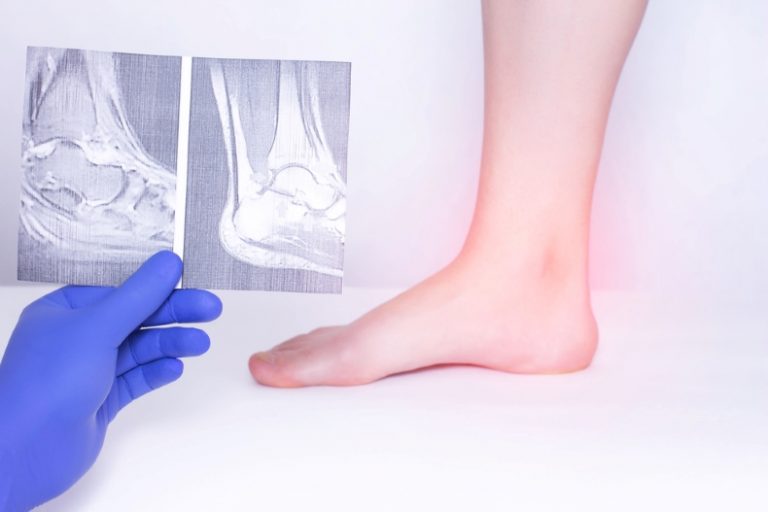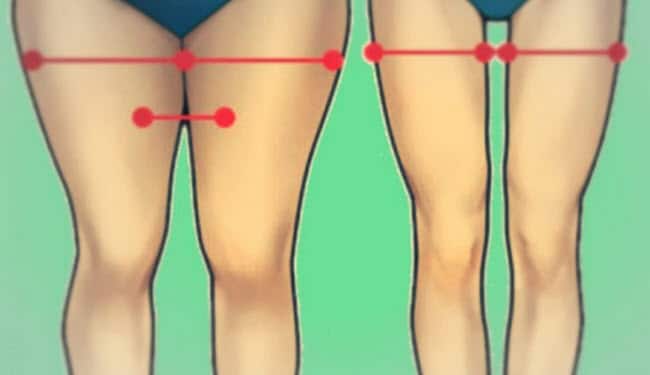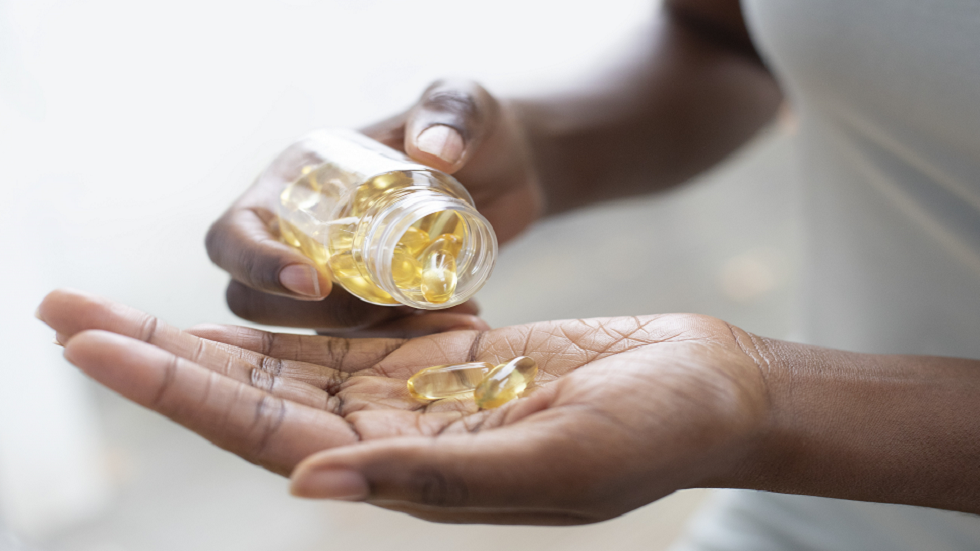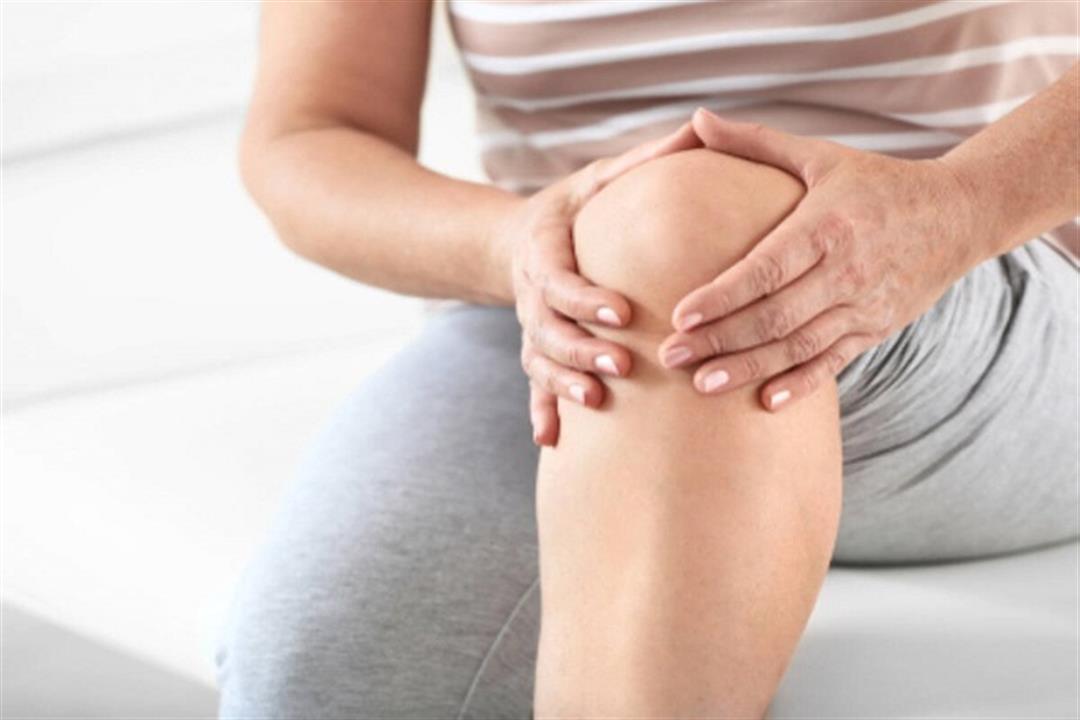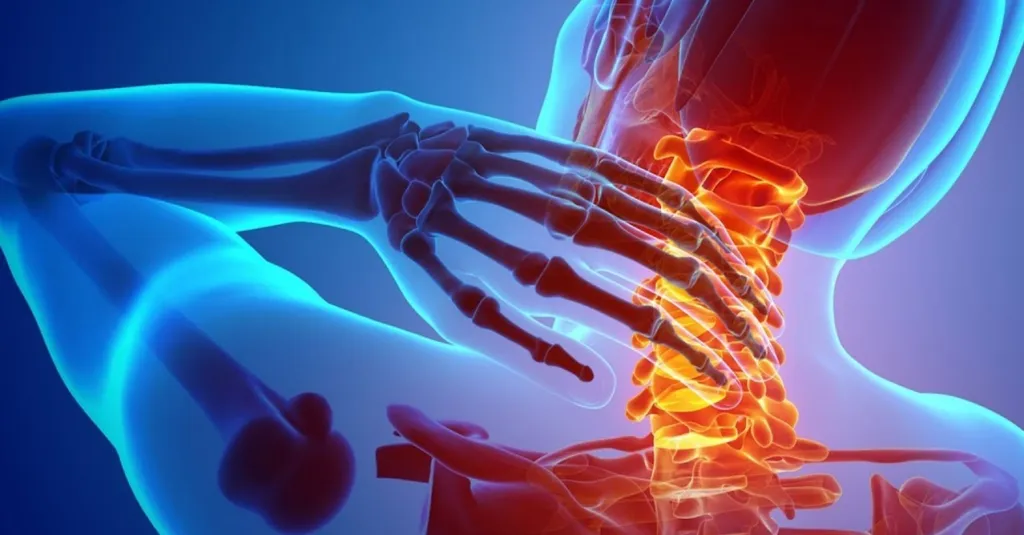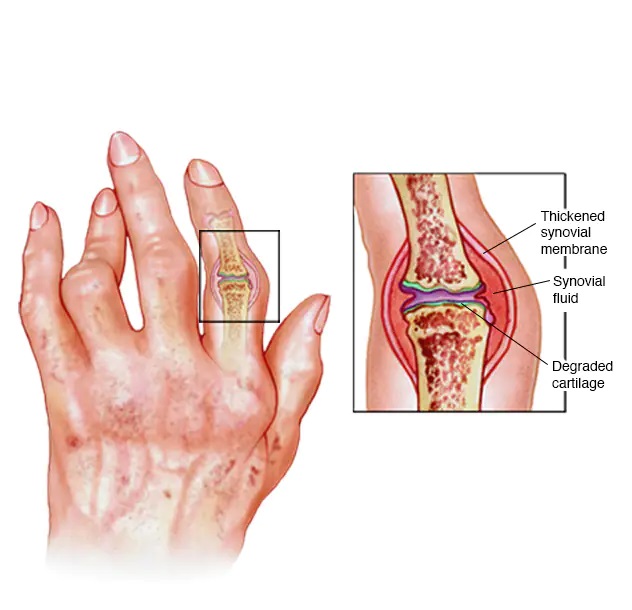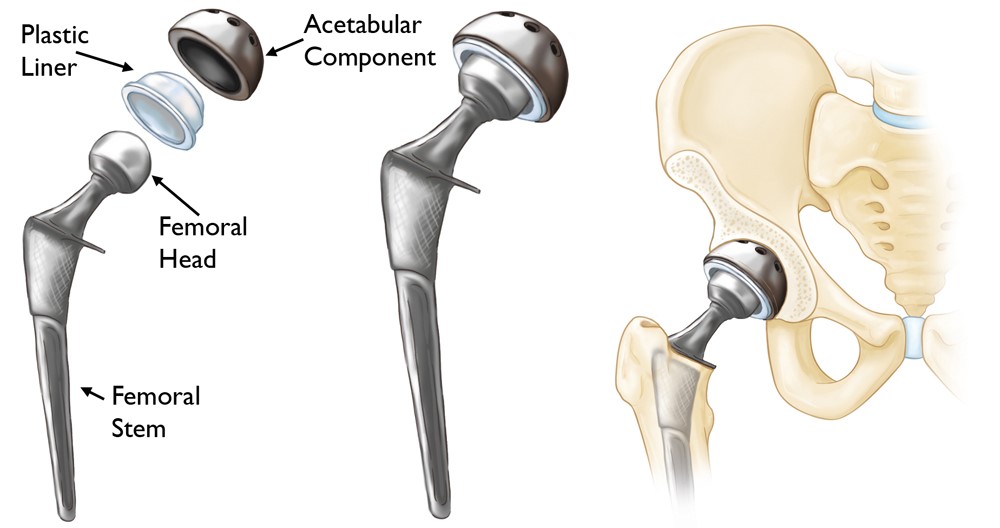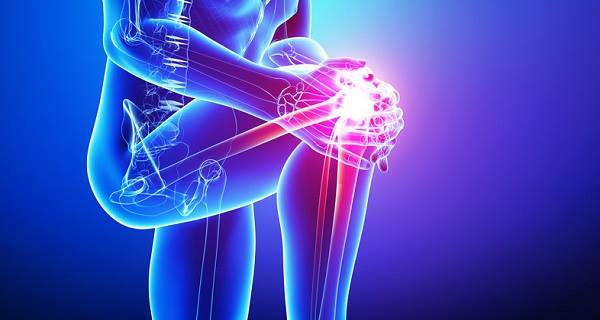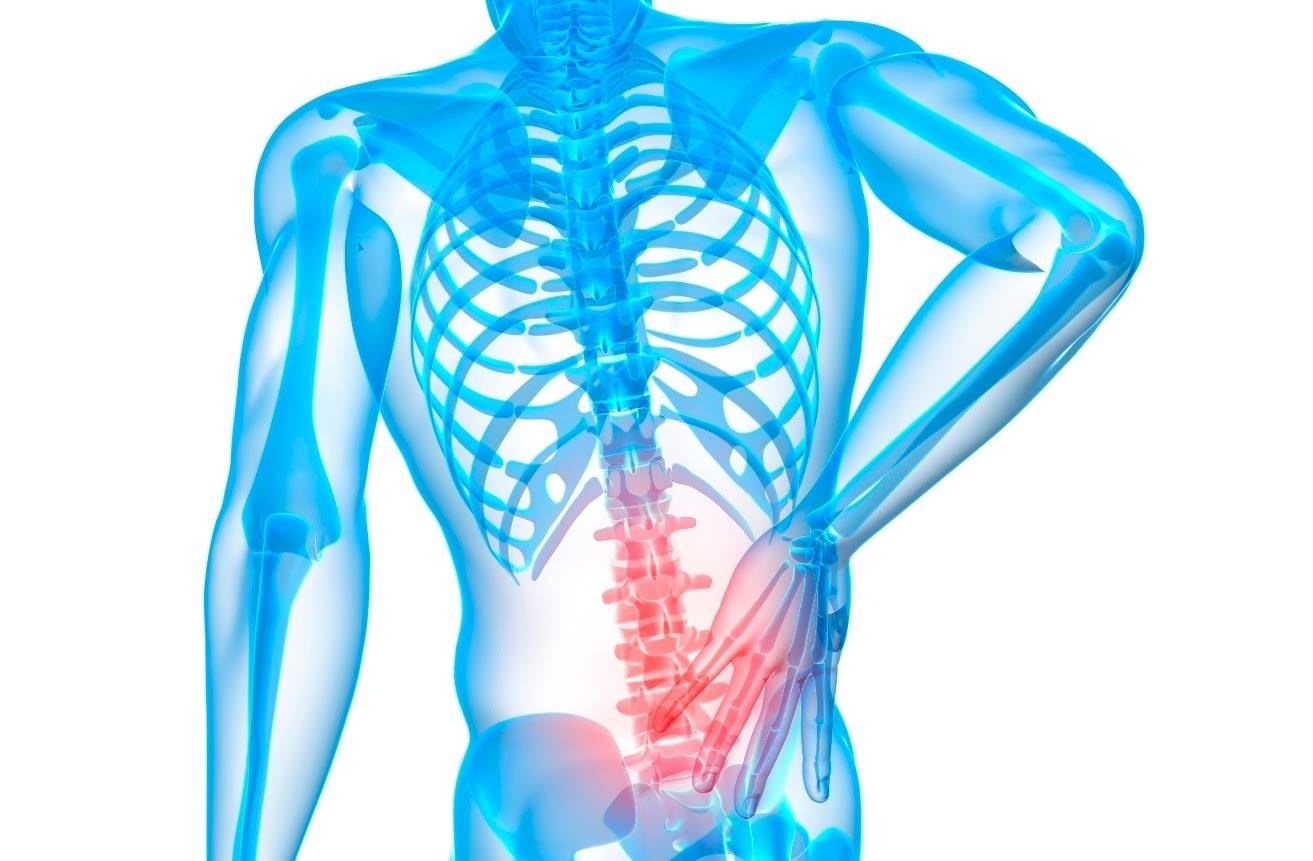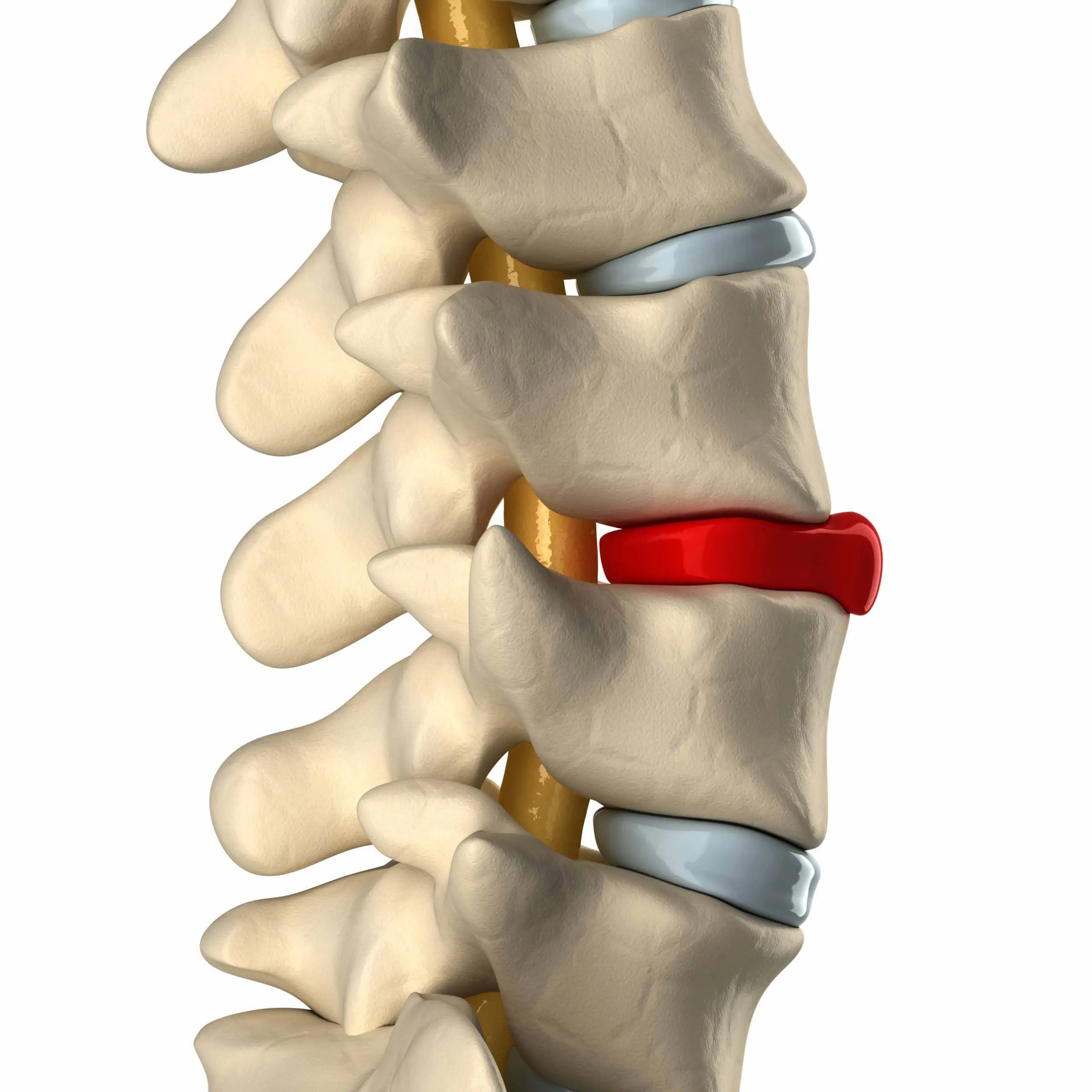Treating vitamin D deficiency
Many individuals suffer from vitamin D deficiency at present time. Still, they ignore it and are not interested in obtaining appropriate treatment for it, and they must realize the seriousness of this situation and the need to correct it immediately. The following article will discuss important information and how to deal with it.
Treating vitamin D deficiency
When an individual suffers from a vitamin D deficiency, some individuals may resort to compensating for it by taking some medications, but there are many other treatment methods, and here are some of them:
Nutritional supplements
Compensating for vitamin D deficiency through nutritional supplements is the fastest in its effect at all compared to other methods, and there are many types, but among the most famous are ergocalciferol (vitamin D2) or cholecalciferol (vitamin D3), in addition to the presence of vitamin D injections that are recommended for the patient if he was sorely lacking.
Many studies have been conducted on the effectiveness of both vitamin D2 and vitamin D3, and it has been concluded that vitamin D3 is the best and most effective, in addition to the fact that vitamin D2 reduces the percentage of the vitamin in the body after a long period of use.
When resorting to nutritional supplements to replace vitamin D in the body, a saturated fatty meal must be eaten before it, as this increases the body’s effectiveness and ability to absorb it. Vitamin D is present in different concentrations and this determines whether an individual will take it on a daily, weekly, or monthly basis.
Sun exposure
This method is very effective as it is a natural source for obtaining it, but it is flawed that if one is not careful in the times when he is exposed to the sun, he is liable to develop skin cancer.
In order to obtain vitamin D through sunlight, the individual sits outside for a short period of time, but without applying sunscreen, and care must be taken to expose all of the forearms, hands, and legs, and the time the individual is exposed to the sun varies according to the current weather of the year and geographical location.
Eat foods containing vitamin D
The individual should be keen to include some foods in his daily diet that are rich in vitamin D, and examples of these foods are:
- Fatty fish such as mackerel and salmon.
- beef liver.
- Dairy products.
- mushrooms.
yolk. - Some foods fortified with vitamin D, such as milk, orange juice, margarine, and breakfast cereals.
What are the risks of vitamin D deficiency?
When the percentage of vitamin D is low in an individual’s body, this causes many risks that may have serious effects on individuals, for example:
- Effect on bone health: Vitamin D mainly increases the body’s ability to absorb calcium effectively, and its deficiency affects that, causing many bone problems for the individual.
- Increased risk of multiple sclerosis: This is classified as an autoimmune disease and occurs because the lack of vitamin D in the body leads to a genetic defect.
- Increases the risk of diabetes: Vitamin D deficiency causes type 2 diabetes, which is more prevalent among many individuals, but vitamin D deficiency is not the main reason for this.
- Increased risk of obesity: There is no evidence to prove whether obesity is the one that blocks vitamin D and decreases it from the body, or whether its deficiency is the one that causes excess weight, but the effectiveness of eating foods containing vitamin D in weight loss has been proven.
- Increased risk of heart disease: Vitamin D deficiency in the body causes a high incidence of heart attack, stroke, and heart disease.
- Increased risk of cancer: Vitamin D deficiency in the human body plays a major role in activating cancer cells.
Symptoms of severe vitamin D deficiency in women
When there is a severe deficiency of Vitamin D in women’s bodies, the following symptoms will prevail:
- Feeling exhausted.
- The presence of pain in the bones.
- Muscle twitching and muscle spasms may occur frequently.
- Suffering from severe mood swings that may lead to severe depression.
How to diagnose vitamin D deficiency in women
The examination that is conducted during the diagnosis of vitamin D deficiency does not require fasting and does not face any difficulties during its performance, and this diagnosis is made by doing a blood test for 25-hydroxyvitamin D levels (25-Hydroxy vitamin D).
In the event of detection of a deficiency in vitamin D, one of the two methods of treatment is followed:
- Vitamin D3: It has another name, Ergocalciferol, and it requires a prescription to take it.
- Vitamin D2: It is also known as Cholecalciferol, it can be taken without consulting a doctor, it is easily absorbed by the intestines.
Vitamin D deficiency in pregnant women
There are many rumors about the fact that the suffering of a pregnant woman from a deficiency in vitamin D may result in the birth of a child suffering from low bone mineral density, and this matter is unfounded therefore there is no need for concern.
But if the pregnant woman suffers from a deficiency in vitamin D, she becomes susceptible to gestational diabetes and high pressure, and this may also lead to a bacterial infection in the vagina and the baby is born with a weight less than the normal level.
Vitamin D in food
Vitamin D is of great importance in the human body and has many benefits, the most important of which is that it helps the body absorb calcium in a more effective way, and for this, you should be careful to eat foods that compensate for this deficiency, and here are some examples of that:
- Salmon: It contains many benefits for the human body because it is rich in omega-3 fatty acids, in addition to containing 14.2 micrograms of vitamin D.
- Yogurt: It is preferable to eat it without adding sugar, as every 170 grams of yogurt contains 80 international units of vitamin D.
- Rainbow trout: It can be eaten grilled or fried, and this does not affect its nutritional value in any way, and in addition to containing every 93 grams of rainbow trout fish on 16.2 micrograms of vitamin D, it also contains a large proportion of proteins.
- Egg yolk: It is better to eat it daily because one egg contains 1.1 micrograms of vitamin D.
- White mushroom: It can be eaten in many ways, and its importance is because half of one cup contains 9.2 micrograms of vitamin D.
- Sardines and tuna: Every two sardines contain 1.2 micrograms of vitamin D, and every 93 grams of tuna contains 1 microgram of vitamin D.
- Milk: Its importance is because each cup of milk contains 2.9 micrograms of vitamin D.
- Orange juice: One cup of freshly squeezed orange juice contains approximately 1 microgram of vitamin D.
- Beef liver: It has many benefits for the human body. About vitamin D, every 93 grams of cooked beef liver contains 1 microgram of vitamin D.
- Cod liver oil: It has many benefits, as it contains vitamin A and omega 3, which makes it very important for the bones, heart, and immune system, and each tablespoon contains 34 micrograms of vitamin D.
- Soy milk: One cup of soy milk contains 2.5-3 micrograms of vitamin D.
Causes of vitamin D deficiency
Many people wonder about what causes vitamin D deficiency in the body. There are many reasons why this might happen, here are some of them:
Do not eat foods containing vitamin D
Many people neglect their diet greatly and do not care at all that it contains vitamin D without realizing the consequences that they will be exposed to as a result, and this is due to refraining from eating fish, fish oils, egg yolks, fortified milk, and beef liver.
Not getting enough sun exposure
Individuals’ neglect of exposure to the sun regularly causes them many problems and damage, and this may be a result of the following:
- Spending long periods indoors.
- live in northern latitudes.
- Wear long clothes most of the time.
- Practicing night work, not during the day.
Dark skin
People with darker skin color are more likely to be deficient in vitamin D, and this is because the pigment melanin that is found in the skin reduces the ability to absorb vitamin D that is obtained from sunlight.
obesity
Eating large amounts of food without paying attention to weight is a very big factor in exposure to a severe vitamin D deficiency, and many studies have been conducted that prove that they are more likely to have a vitamin D deficiency than people of normal weight.
Kidney and liver diseases
That the individual suffers from one of the diseases of the kidneys and liver has a major role in exposure to a severe deficiency in vitamin D, and this is because these diseases reduce the enzyme that converts vitamin D so that the body can absorb it, as the deficiency of this enzyme reduces The percentage of vitamin D that is active in the body.
Digestive disorders
Some types of digestive disorders reduce the amount of vitamin D in the human body, such as cystic fibrosis and Crohn’s disease, as these diseases do not make the body able to absorb vitamin D effectively.
Take some medications
Some medications that an individual may use to treat ailments that he suffers from may limit the body’s ability to absorb vitamin D or reduce the active amount of it, such as steroids and some types of drugs used to lower cholesterol.
Smoking
Several studies have been conducted that have largely concluded that smokers have significantly less vitamin D in their bodies than non-smokers, as this affects the gene that activates vitamin D.
Weight loss operations
People who undergo sleeve gastrectomy have a very low level of vitamin D, and this is because this process reduces the body’s ability to consume minerals and vitamins, and it is necessary for these people to take vitamin D supplements throughout their lives.
Is fear due to vitamin D deficiency?
Many studies have been conducted in which it has been concluded that fear and intense tension are a major symptoms of vitamin D deficiency in the individual’s body, and this has been concluded that the percentage of people with vitamin D deficiency is very large in places that are not well exposed to the sun, as it is an essential source of vitamin D, which causes them distress and depression.
Does vitamin D deficiency cause dehydration in the body?
Dryness of the body is one of the symptoms that afflict individuals and is an indication of their vitamin D deficiency, in addition to the presence of itching that may affect any area of the body, especially the face in the forehead, cheeks, and chin.
How do I know that I have a vitamin D deficiency without an analysis?
Many symptoms may appear on the individual and be an indication of vitamin D deficiency in his body without the need for analysis, for example:
- Extreme fatigue and lethargy all the time.
- Distress and entering into a state of severe depression.
- Excessive sweating.
- The presence of erectile dysfunction in men.
- Significantly broken bones.
The fastest treatment to raise vitamin D
In order for us to reach the fastest possible treatment for vitamin D, analyses must first be done to infer the presence of iron deficiency, after that iron-rich food are eaten in order to maintain the amount of vitamin D that is found in the body by drinking lemon or eating citrus fruits.
In addition to the need to stay away from drinking coffee and tea immediately after eating, as this reduces the body’s ability to absorb iron, so you must wait at least two hours, in addition to that, exposure to the sun daily for a period of not less than a quarter of an hour and exercise regularly.
What fruits contain vitamin D?
There is no vitamin D clearly in the fruit that the individual can benefit from to compensate for the deficiency that afflicts him, but orange juice is an ideal solution for that.
What vegetables are rich in vitamin D?
Mushrooms and spinach are among the vegetables that are very rich in vitamin D, and eating them regularly works to compensate for the deficiency in the body of this vitamin.
How to raise the rate of vitamin D in a week?
In order to increase the rate of vitamin D in the body in a week, the following steps must be followed:
- Make sure to take the nutritional supplements that are found in pharmacies.
- Stay in the sun every day, even for a short period.
- Eating meat and egg yolks and introducing food daily that contains a large percentage of vitamin D.
- Drinking drinks and juices rich in vitamin D, such as soy milk, orange juice, and yogurt.
- Avoid excessive weight gain.
Do dates contain vitamin D?
Dates certainly contain vitamin D, which plays a major role in boosting the health of an individual’s immune system.
Vitamin D percentage
Many people wonder about how much vitamin D is normal. This question is answered by doing a 25-hydroxy-blood test, as a normal person should have a vitamin D ratio in his body of 30 ng/milliliter to 50 ng/milliliter, but if the ratio is 12 ng/milliliter or less, then this is classified as a severe deficiency.
How do I know that I suffer from vitamin D deficiency?
Many symptoms begin to appear on the individual when he suffers from a deficiency in vitamin D, including:
- Feeling very lethargic and weak most of the time.
- Tendency to isolate and feel depressed.
- Unjustified anxiety and stress.
- Hair loss
- Suffering from obesity and the inability to lose weight.
- Some muscle pain and may lead to tremor.
- The presence of pain in both bones and joints, especially the back.
When will the symptoms of vitamin D deficiency end?
When the percentage of vitamin D in the body of an individual is 12 ng/milliliter or less than that, he begins to take a dose of vitamin D 50,000 once every week, and in order to reach the level of 30 ng/milliliter, 8 weeks are spent in this treatment, and analyzes are performed after that The period to ensure that the desired result is reached.

